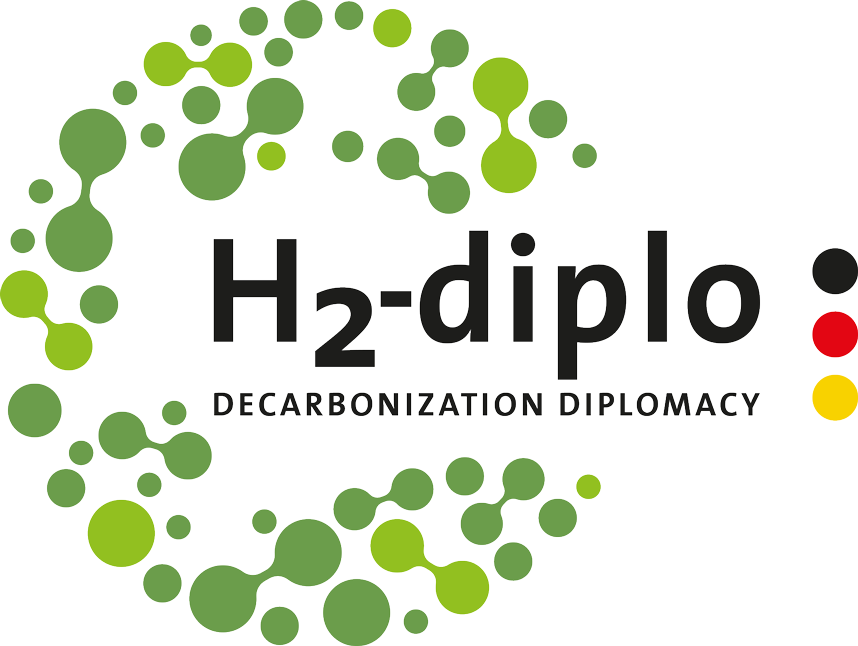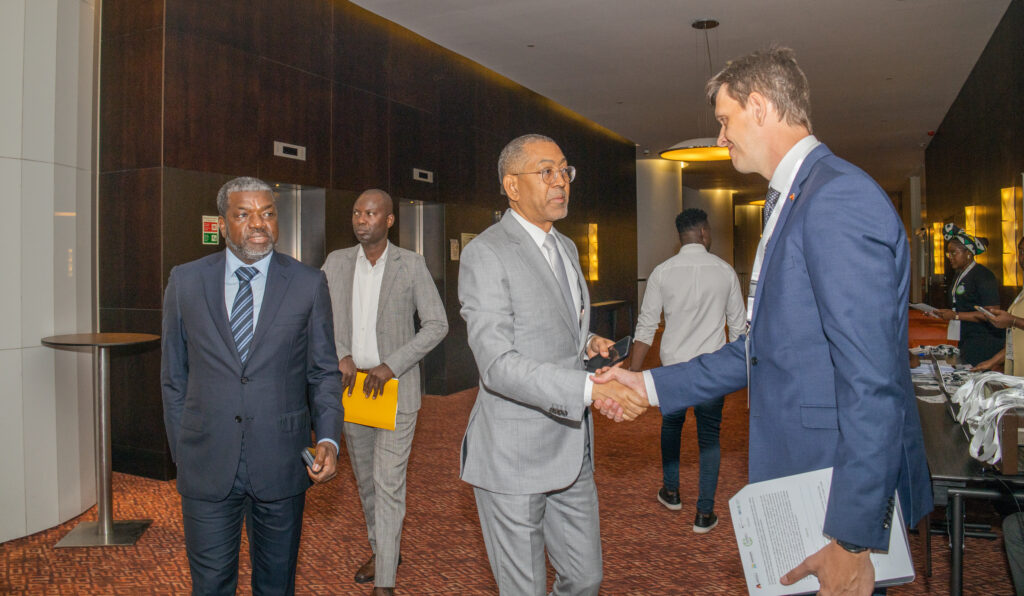The second symposium of the German-Angolan Hydrogen Office highlighted Angola’s green hydrogen potential and energy transition efforts. Key stakeholders discussed public-private partnerships, regulatory frameworks, and investment strategies to position Angola as a leader in renewable energy and hydrogen technology.
On December 11th, 2024, the 2nd Symposium of the German-Angolan Hydrogen Office (H2-diplo) brought together over 100 participants, including government officials, private sector representatives, and international experts to discuss hydrogen development in Angola and Southern Africa. During the event, Dr. Diamantino Azevedo, Angola’s Minister of Mineral Resources, Petroleum, and Gas, highlighted the importance of public-private partnerships and the Barra do Dande Green Hydrogen project – H2VBD. This initiative, developed by Sonangol, CWP, Gauff, and Conjuncta, aims for an annual production capacity of 342,000 metric tons of green hydrogen. Eng. Arlindo Bota Manuel Carlos, Secretary of State for Energy, closed the event, reinforcing the need for energy transition and hydrogen integration in Angola. Dr. António José Barroso, Secretary of State for Petroleum and Gas, and Eng. Orlando da Mata, Chairman of the Sonangol Center of Research and Development, contributed to discussions on economic diversification and reducing oil dependency. Angola’s abundant hydro resources, solar energy, and competitive electricity prices were identified as strong assets for green hydrogen production, although regulatory barriers remain a challenge. While there is significant interest in hydrogen exports, local applications in the fertilizer, iron, and cement industries were highlighted as priorities for decarbonization. Moreover, the National Biofuels Strategy was discussed, emphasizing the role of biofuels and hydrogen in Angola’s broader energy transition plan. Angola’s proximity to European markets positions it as a key potential supplier of green hydrogen. The event also shed light on the lack of female specialists in the hydrogen sector, emphasizing the need for gender diversity and inclusion.
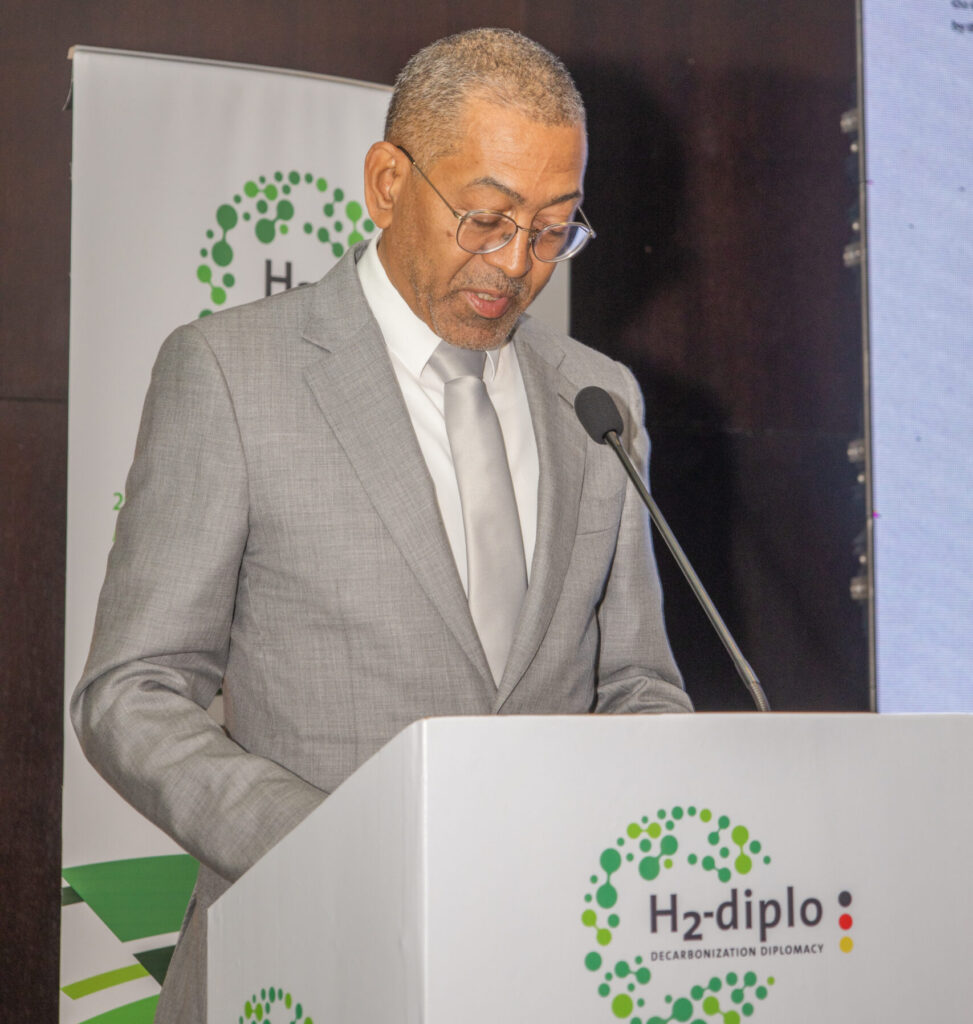
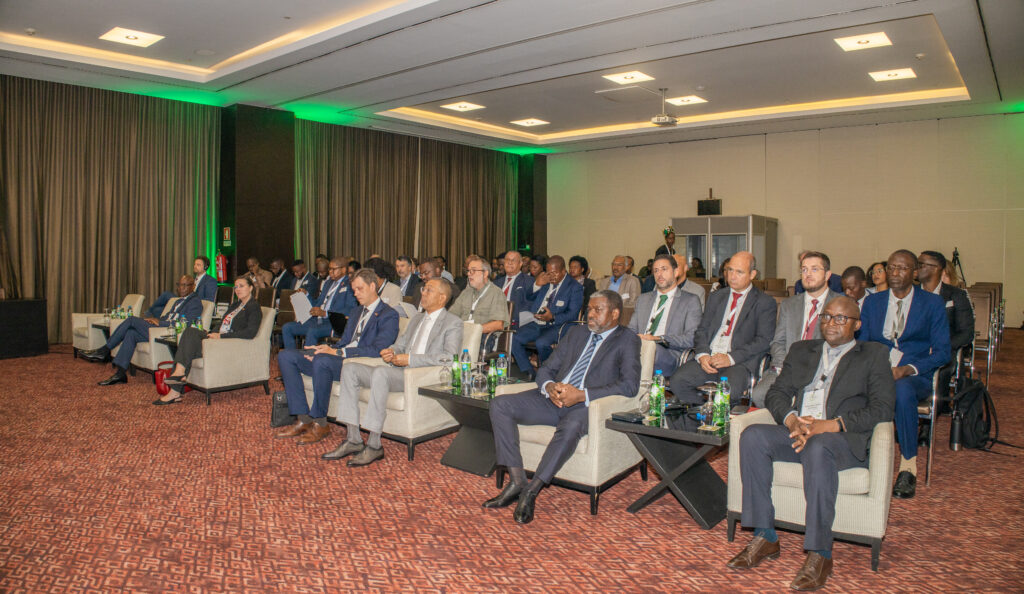
Solenova shared insights from the Caraculo Photovoltaic Plant, which faces challenges in integrating renewable energy sources into Angola’s transmission network. The instability of the network, when not synchronized with thermal and hydroelectric plants, was discussed as a key issue impacting energy reliability. HyIron presented Namibia’s green hydrogen industrial applications, particularly in direct reduced iron (DRI) production, demonstrating the potential of hydrogen in decarbonizing heavy industries and expanding export opportunities.
Government institutions were encouraged to establish clear regulations and incentives to support hydrogen and renewable energy projects. Public-private partnerships should be enhanced to facilitate technology transfer and investment. The importance of training programs in renewable energy and hydrogen technologies was emphasized to develop local expertise. Finally, launching small-scale pilot hydrogen production projects using renewable energy was recommended as a first step toward broader implementation and scalability.
The symposium reaffirmed Angola’s considerable potential in renewable energy and hydrogen technology. With ANPG promoting biofuels and hydrogen initiatives, projects like Solenova and HyIron provide a roadmap for Angola’s transition to a low-carbon economy. Participants emphasized the need for continued collaboration and innovation to position Angola as a regional leader in green hydrogen.
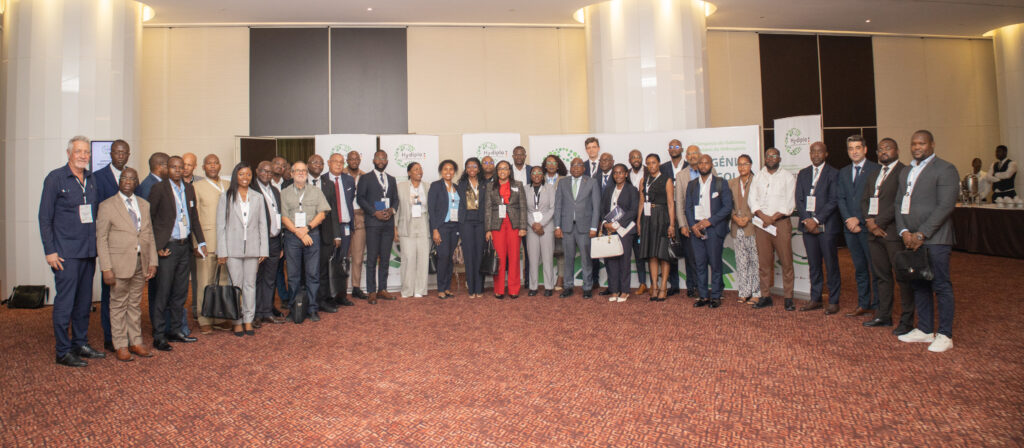
For more news about the H2-diplo activities, follow us on LinkedIn: H2-diplo – Decarbonization Diplomacy | LinkedIn
